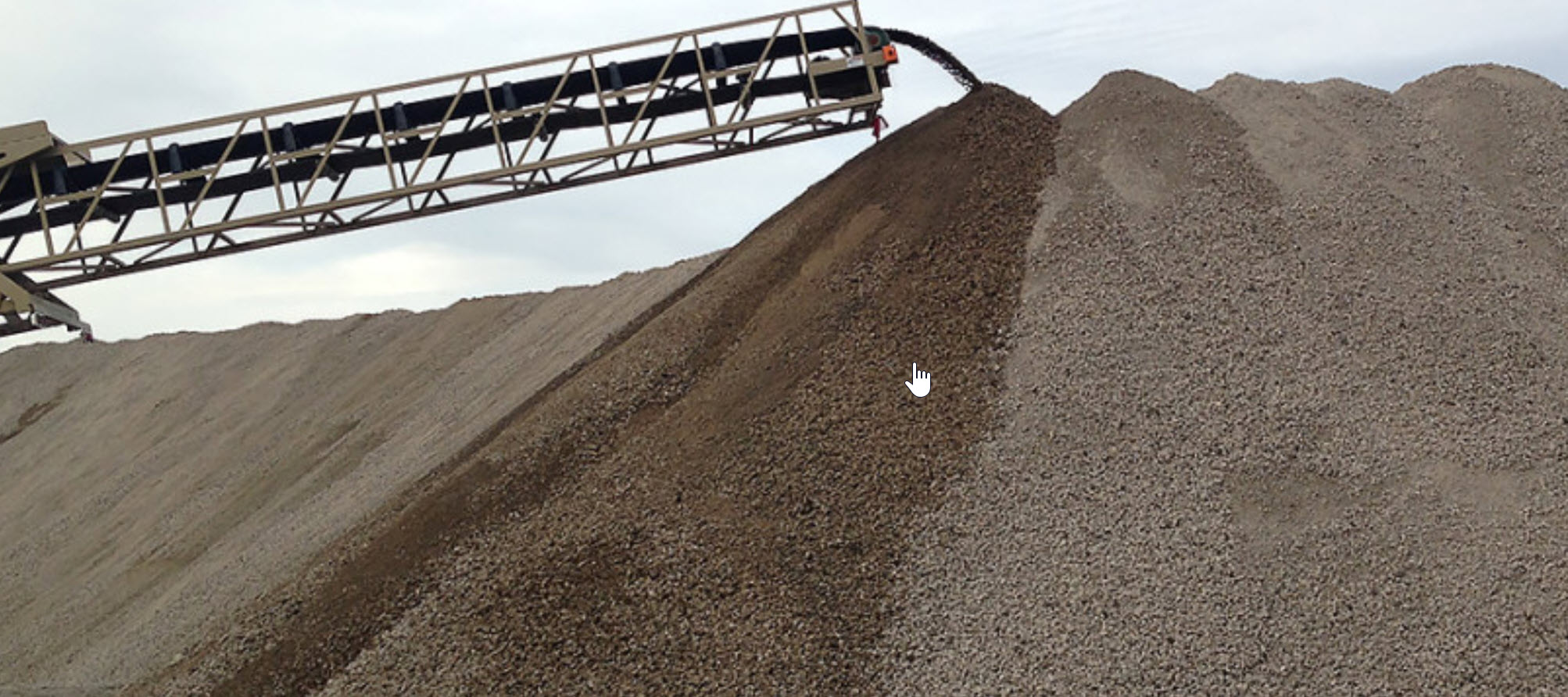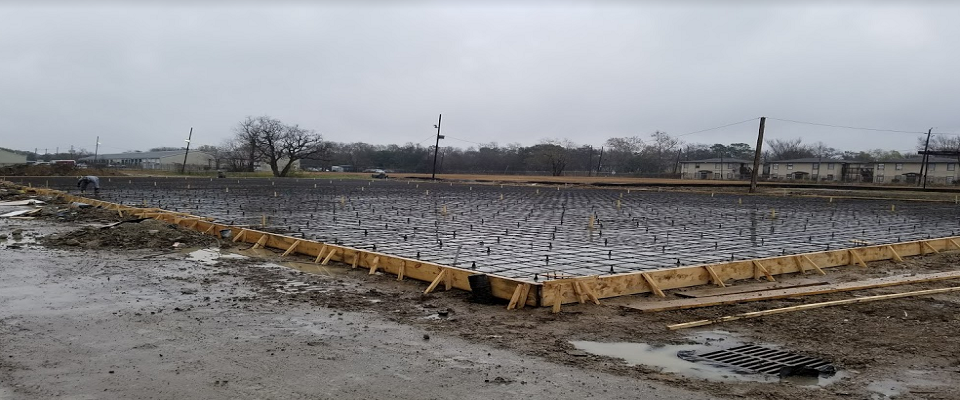247 Flexible Base Aggregate

What is FlexBase 247?
Flex Base 247 is a type of polymer-modified cementitious material that is commonly used in construction applications. This material is designed to be a high-performance, flexible and durable solution for a variety of applications, including:
- Substrate preparation: Flex Base 247 can be used to prepare substrates for the installation of tile, carpet, and other flooring materials. Its flexibility and durability help to prevent cracking and other forms of damage to the substrate, which can help to ensure that the finished flooring is stable and long-lasting.
- Waterproofing: Flex Base 247 can be used as a waterproofing membrane to prevent water damage to substrates and structures. Its flexibility and adhesion properties allow it to create a seamless barrier that can withstand movement and stress, making it ideal for use in areas where water exposure is a concern.
- Repairs: Flex Base 247 can be used to repair damaged concrete, masonry, and other building materials. Its high-strength properties and ability to adhere to a variety of surfaces make it an effective solution for restoring damaged or deteriorating structures.
Overall, Flex Base 247 is a versatile and reliable construction material that can be used in a wide range of applications.
Benefits of FlexBase 247 Aggregate
Aggregate materials, which are made up of a combination of various materials such as sand, gravel, crushed stone, and recycled concrete, have numerous benefits that make them essential in construction projects. Here are some of the key benefits of aggregate material:
- Strength and Durability: Aggregate materials are strong and durable, making them ideal for use in construction projects that require long-lasting structures. They can withstand heavy loads, extreme weather conditions, and high traffic, without breaking down or deteriorating quickly.
- Versatility: Aggregate materials can be used for a wide range of construction purposes, including road construction, concrete production, drainage systems, and landscaping. They can also be used as a base for buildings, bridges, and other structures, providing a stable foundation for construction.
- Cost-effectiveness: Aggregate materials are relatively inexpensive, making them an affordable choice for construction projects. They can be easily sourced from local suppliers, reducing transportation costs and making them a cost-effective option for large-scale projects.
- Environmental benefits: The use of recycled aggregate materials can reduce the amount of waste sent to landfills and conserve natural resources. By using recycled materials, construction projects can reduce their environmental impact and promote sustainable practices.
- Improved drainage: Aggregate materials can be used to create drainage systems that prevent flooding and soil erosion. They provide a stable base for drainage pipes and can help divert water away from structures, preventing damage to buildings and infrastructure.
In summary, aggregate materials are essential in the construction industry due to their strength, durability, versatility, cost-effectiveness, and environmental benefits. Their use can improve the quality and longevity of construction projects, while also promoting sustainable practices and reducing environmental impact.



